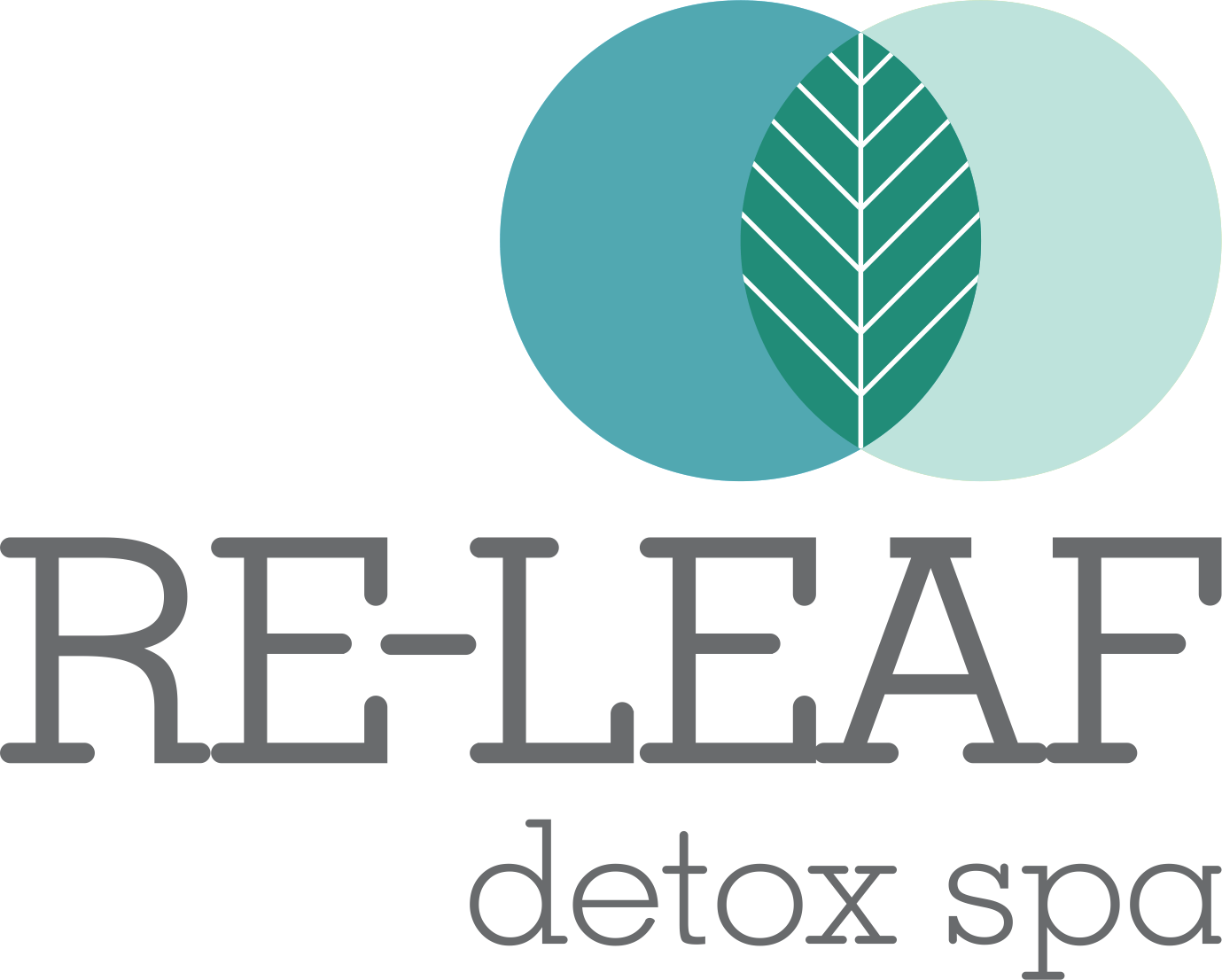
What are the contraindications:
A contraindication is a condition or factor that serves as a reason to withhold a colon hydrotherapy treatment:
Abdominal Hernia, Abdominal Surgery (recent), Abnormal Distension, Acute Liver Failure, Anemia , Aneurysm – All Types, Cancer of the colon, Cardiac condition, Crohn`s Disease, Colitis, Dialysis Patient, Diverticulitis, Fissures & fistulas, Haemorrhaging, Hemorrhoidectomy, Intestinal Perforation, Lupus, Pregnancy, Rectal/colon surgery (recent), Renal Insufficiencies, Taking medication, which may weaken intestinal wall.
Is the procedure painful?
Rarely. Sometimes during the procedure, the muscles of the colon can contract suddenly, expelling considerable liquid and waste into the rectum. The contraction may feel like cramping or gas with pressure in the rectum. Most of the process however is mild and gentle, producing a light and empty sensation.
How often should I have colon therapy?
Normally, several treatments will be required to achieve desired results regarding the elimination of impacted matter, and restoration of bowel regularity. Initially only gas and recent faecal matter may be expelled. Impacted faecal matter can cause an imbalance of the natural organisms that normally populate the bowel, causing what is known as dysbiosis. Decomposing matter can cause a toxic condition and may lead to many health problems, as constipation causes backed up pollution of the body cells.
You might choose to make colon cleansing a part of your regular hygiene program. Regular colon cleansing can be a very healthy choice. There is no one prescription for all. Your decision on how often you have colonics may be influenced by your diet, stress levels, exercise habits and overall health. Most people benefit greatly from have at least a series of three sessions a year.
Are there other advantages and benefits that colon hydrotherapy brings?
These are the advantages people often cite when asked why they choose to use colon hydrotherapy:
-
clearer skin
-
higher levels of energy
-
better sleep
-
better ability to cope with stress
-
awareness of what is happening in the body
-
a much higher degree of “connectedness” and understanding how the body works
-
sense of wellbeing
-
sense of being cared for, loved and nurtured
-
reduction of stress, anxiety and uncertainty
-
increase in confidence etc.
How colonics are different from an enema?
Enemas:
-
have been used through history for the relief of constipation, gasses and intestinal discomfort. They are different from colonics, though, in that:
-
Enemas are self-administered;
-
The purpose of enemas is to clear out the lower part of the large intestine;
-
One has to hold water for a long time, then go and sit on the toilet. One needs to repeat the enema a few times to achieve the desired effect.
Colonics:
-
Are administered by a person with professional training;
-
Their purpose is to clear out the entire colon;
-
There is no need to hold or be uncomfortable;
-
It is a 45-minute procedure that uses a type of device to control thewater flow.
What is the difference between a closed system and open, which do you use?
The closed system:
-
is at least twice as effective as the open system as the therapist can uses controlled pressure, manual ‘teasing’ and temperature change to help dislodge faecal matter and exercise the colon according to the specific needs of the client, thus the client receives more for their money and time
-
requires a practitioner 100% of the time during treatment (as opposed to a more self service approach of the open system)
-
session includes massage of the abdomen, conversation and complementary health support which means the client receives more care, service and support during the treatment for their money
-
has a viewing tube for the output so both client and therapist can discuss what is happening and the client can ask questions about what they see
-
our closed system is capable of both gravity and pressure depending on the needs of the client
The open system:
-
is only capable of gravity pressure
-
is suitable for people with significant issues with haemorrhoids, as the speculum is thinner
-
is suitable for people whose anus has a sharp angle to the rectum as the speculum can be bent to accommodate this.
-
is more geared to self care as the therapist does not have to be by the side of the client the whole time and can take care of more than one client at a time.
Your choice of which system depends on expected results, time needed to achieve these results, care you wish to receive during a session and specific health situation.

